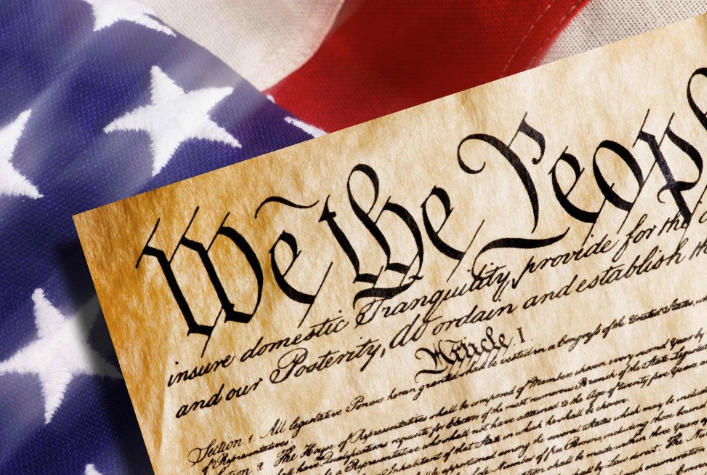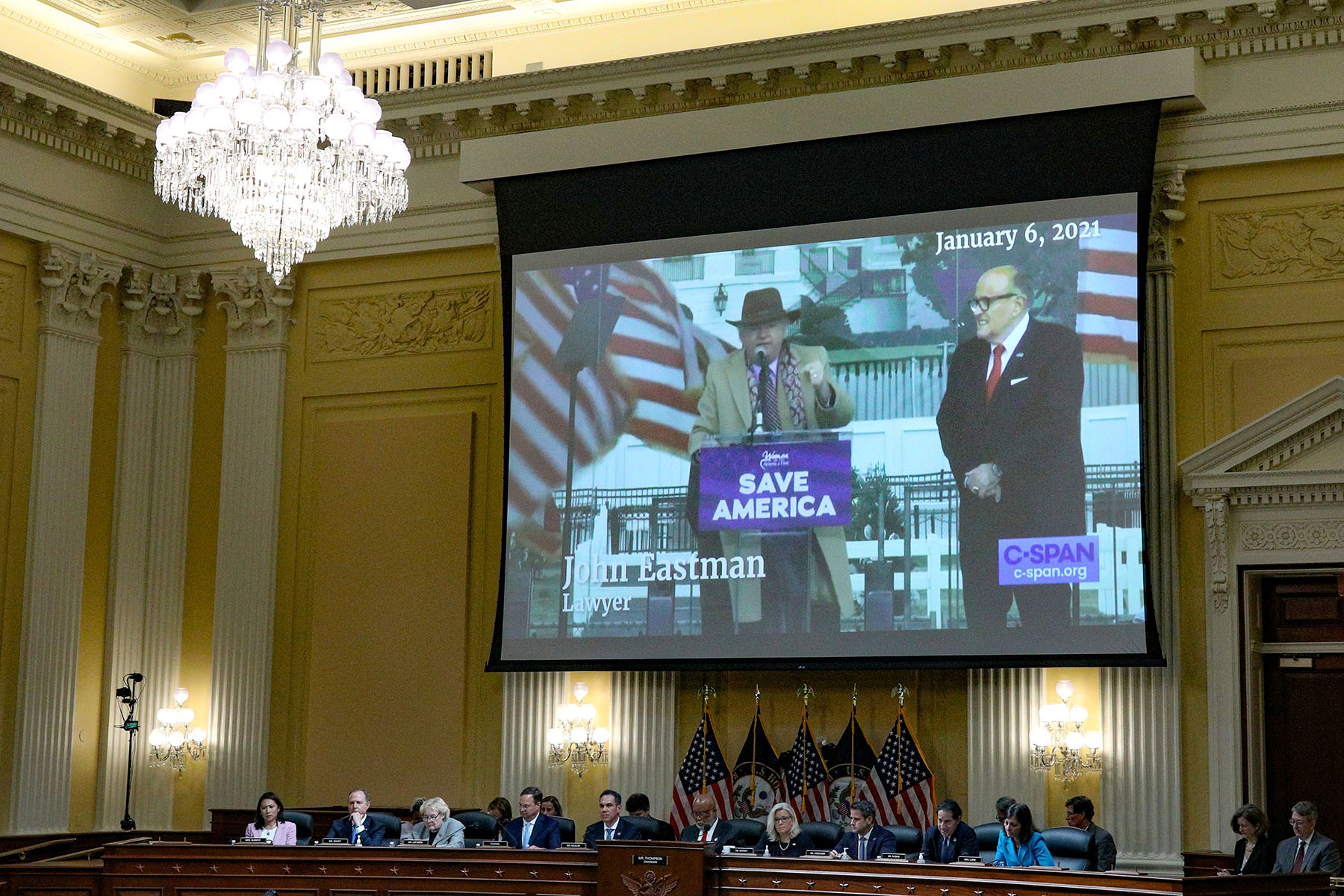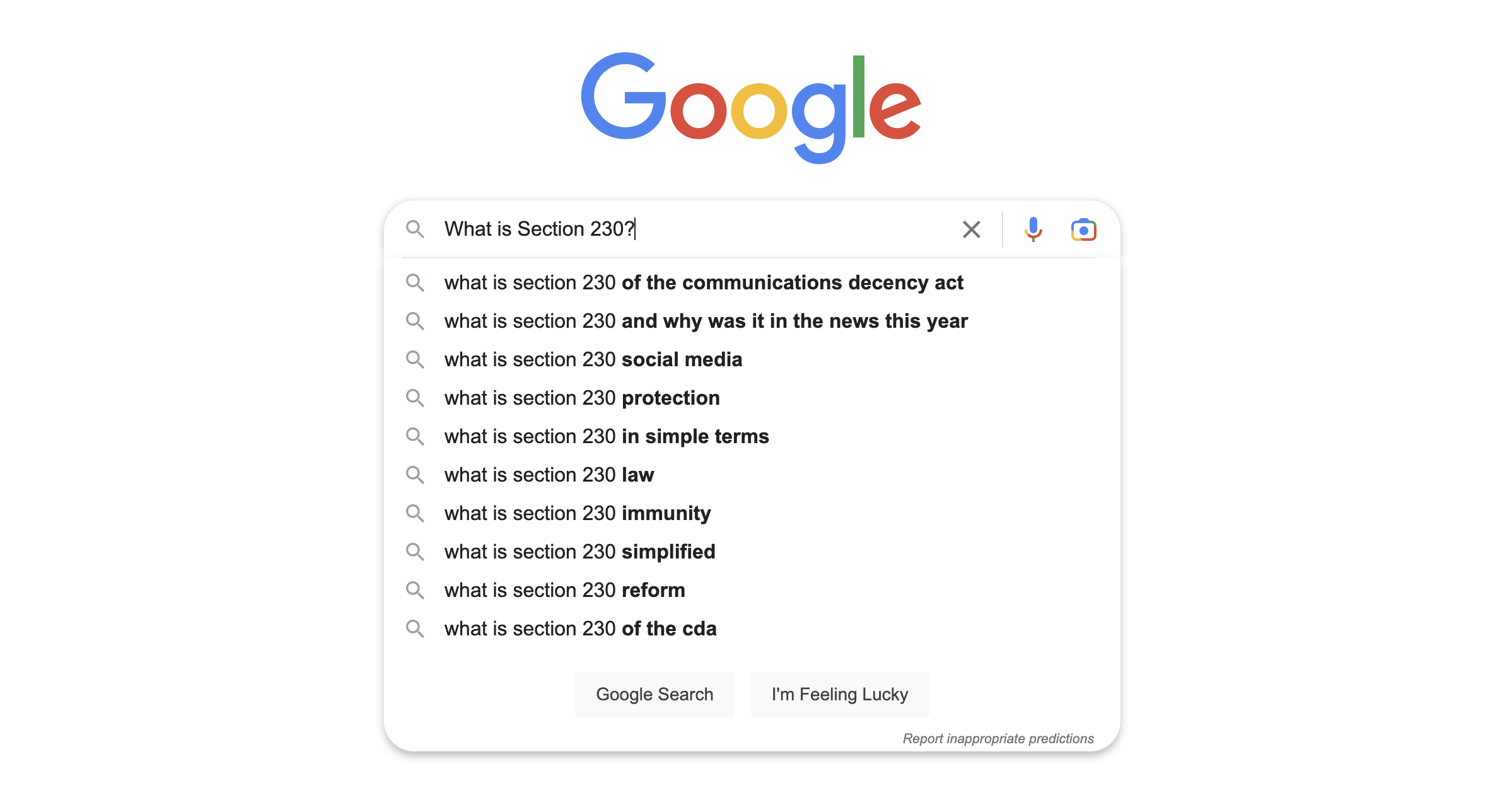By Azhar Majeed
Controversy at the state legislative level in Idaho, regarding what may or may not be taught at the state’s public universities, presents an ongoing threat to free speech and academic freedom. It is also one of many recent instances nationwide where state legislatures have intruded upon institutional academic freedom as well as the individual rights of faculty members.
In Idaho, members of the legislature have been trying for over a year to prevent public universities from using state funding to support “social justice”-related activities, organizations, and events on campus. They have advanced budgets that have cut funding and have threatened further cuts. This led Boise State University to suddenly cancel 52 diversity-related classes in March of this year.
Those 52 classes represented sections of University Foundations 200, a course described by Boise State as “inquir[ing] into key ethical ideas and values together, giving equal voice to all who are committed to the public good.”
That sounds fairly unobjectionable. Yet it appears that the course was heavily disfavored by at least some influential members of the state government—and that’s all it took for Boise State to take action. To the university’s credit, it subsequently allowed resumption of the classes, but only in a modified format. Students were to view pre-recorded lectures rather than attend classes with other students in real time, which obviously prevents them from actually discussing the course’s content with each other or with their professor.
This is a net loss for the ability of students to learn from one another and meaningfully exchange viewpoints, and thus a net loss for campus debate about timely and important topics.
All of this, of course, is fundamentally at odds with the U.S. Supreme Court’s pronouncement in Keyishian v. Board of Regents of the University of the State of New York, 385 U.S. 589 (1967) that “Our Nation is deeply committed to safeguarding academic freedom, which is of transcendent value to all of us and not merely to the teachers concerned.”
In Keyishian, the Court added that academic freedom is “a special concern of the First Amendment, which does not tolerate laws that cast a pall of orthodoxy over the classroom.”
Unfortunately, the battle is not over in Idaho. House Concurrent Resolution 12, introduced in March, plainly states that “the Legislature should reduce funding to public universities commensurate with the spending on any social justice courses, programs, services, and trainings.” While the resolution is non-binding, its ideological thrust is unmistakable, declaring that “social justice education does not serve the common good.”
The message to colleges—and to individual professors—is clear: teach disfavored topics or viewpoints, and risk losing state funding.
Another Idaho bill, HB 352, prohibits state institutions from teaching, advocating, or even encouraging the adoption of “any racist or sexist concept,” as well as using state funding to host a speaker who advocates the same, as well as requiring students to read, view, or listen to “any book, article, video presentation, digital presentation, or other learning material” that advocates the same.
And therein lies the additional danger. The “racist or sexist concept” hook for this bill is based on the Trump administration’s September 2020 “Executive Order on Combatting Race and Sex Stereotyping,” which generally banned the training or teaching of so-called “divisive concepts” about race and racial issues. And even though the Biden administration revoked this executive order in January 2021, it sowed quite a bit of confusion and concern in the few months that it existed. For instance, it raised the question of whether things like workplace diversity trainings were suddenly impermissible, depending on the Trump administration’s interpretation of the term “divisive.”
Following the Biden administration’s revocation of the executive order, a number of state legislatures including Missouri, Arkansas, New Hampshire, Rhode Island, Oklahoma, and Louisiana, have drafted bills that would ban the teaching of what they deem “divisive” or “racist and sexist” concepts.
The end result of such efforts is a harmful chilling effect on campus discourse and debate, squarely at odds with the First Amendment obligations of both state governments and public colleges and universities. Thus, it will very much be an issue to watch in the months ahead.
Azhar Majeed is a free speech attorney and contributor to First Amendment Watch.
Tags




